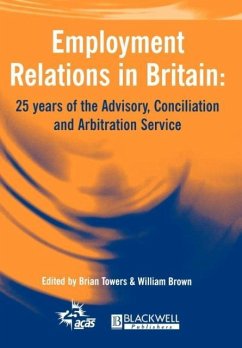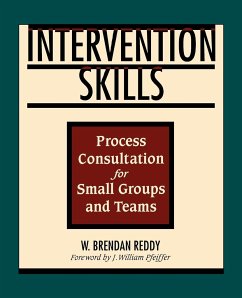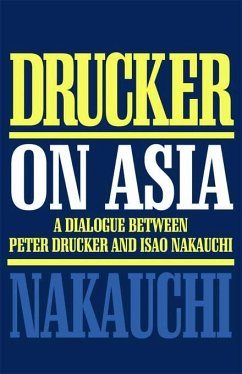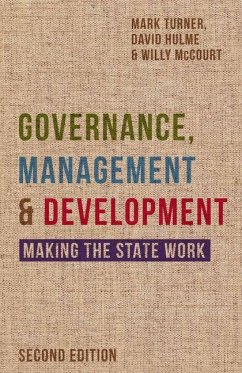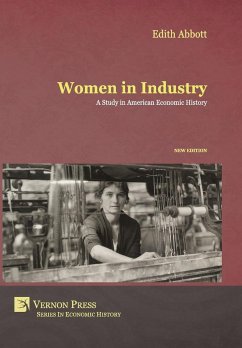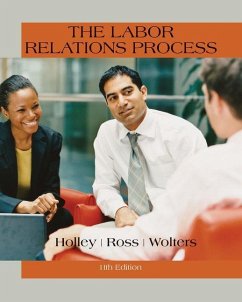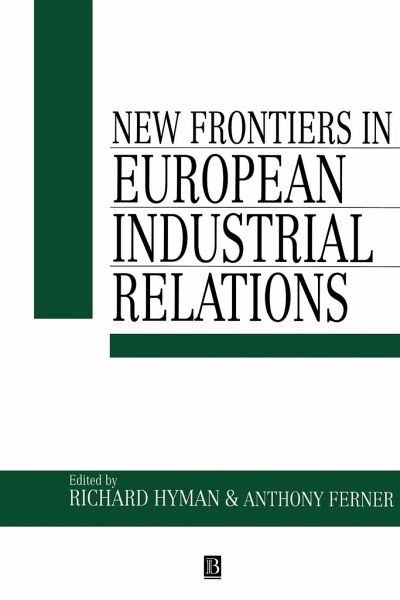
New Frontiers in European Industrial Relations
Versandkostenfrei!
Versandfertig in über 4 Wochen
36,99 €
inkl. MwSt.

PAYBACK Punkte
18 °P sammeln!
Building on the highly successful Industrial Relations in the New Europe, this new text for students of industrial relations and human resource management examines some of the key comparative themes of European industrial relations in the 1990's. A team of internationally renowned contributors has drawn on a wealth of detailed, up-to-date material to analyse the major common trends across countries, and to account for the variety of national practice. Each chapter examines and compares different regional experiences to deal with such themes as: * mangement strategy * the role of unions * gende...
Building on the highly successful Industrial Relations in the New Europe, this new text for students of industrial relations and human resource management examines some of the key comparative themes of European industrial relations in the 1990's. A team of internationally renowned contributors has drawn on a wealth of detailed, up-to-date material to analyse the major common trends across countries, and to account for the variety of national practice. Each chapter examines and compares different regional experiences to deal with such themes as: * mangement strategy * the role of unions * gender and the labour market * collective bargaining * change at the workplace * the state as employer * industrial conflict * the European Union dimension and 'Social Europe' * the transition to the market economy in Eastern Europe The editors pay particular attention to developments in Eastern Europe as the former Easter bloc countries struggle to achieve the transition to market economies. The workplace, trade unions and the creation of national industrial relations institutions are examined specifically in this context.





